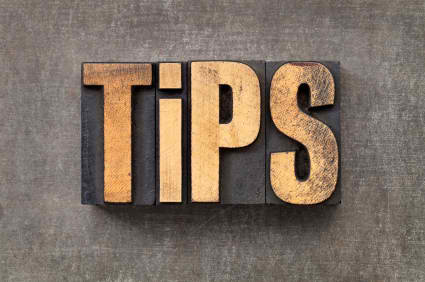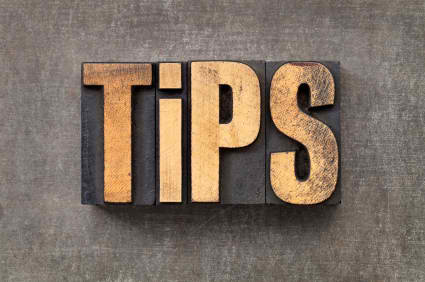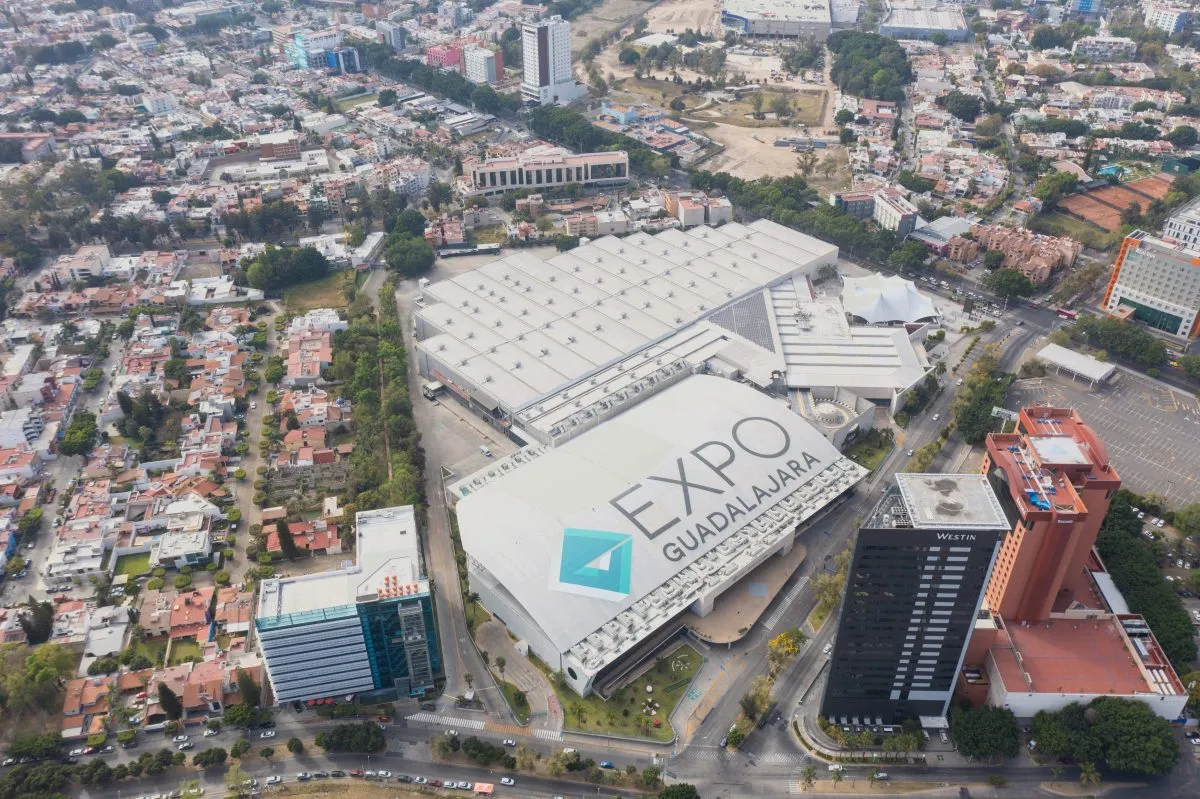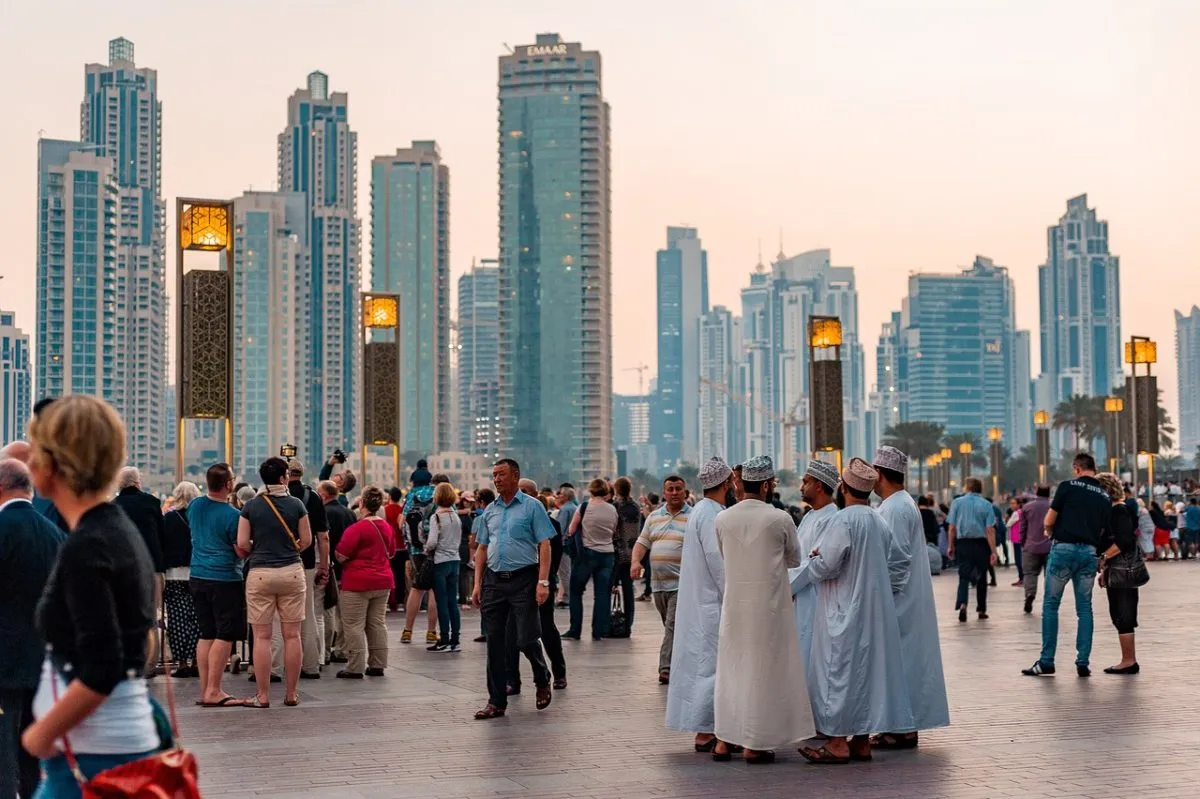10 Event Marketing Tips

 This is a guest post by Michelle Bergstein. Also known as the Event Marketing Maven, Michelle lives, eats and breathes marketing for the hospitality, event and meeting industries. You can find her on Twitter or on BeatCreative
This is a guest post by Michelle Bergstein. Also known as the Event Marketing Maven, Michelle lives, eats and breathes marketing for the hospitality, event and meeting industries. You can find her on Twitter or on BeatCreative
I got to admit, after reading Julius' previous post the 10 biggest lies in events marketing, I cringed a bit, took a deep breath, and realized I too have been guilty of utilizing a couple of these lies, particularly, 1. Space is Limited, 3. For a Limited Time and 7. The Biggest Event in The Industry, ok, yes that is more than a couple.
It is easy as Julius mentioned to cave into temptation, it's a shortcut, and the old mentality/approach of event marketing. Plain and simple, a lot of the old rules of event marketing do not apply anymore. The days of printing out flyers promoting an upcoming event are not really necessary with the convenience of social media.
Plus events evolve so rapidly it doesn't pay to print, and have outdated information circulate. So, in response to the 10 Biggest Lies in Event Marketing, as honesty is always the best policy, and transparency matters as people are savvier than ever. Here are some new truths that hold some weight to apply in your upcoming event marketing initiatives:
1) Social Proof
Tap into your past attendees, your raving fans, highlight their testimonies to showcase how worthwhile your conference or event is to attend. If your registration numbers are substancial, add a counter button to your site as people register, so the proof is in the pudding.
2) Blogging
If your event is new or old, starting a blog that puts the focus on the purpose, goals, and educational aspects behind your event can prove to be very beneficial. It will also boost organic search results around your event on the "internets" and give you content to promote via your social networks. Also tap into your industry network or local community to enlist guest bloggers, there's power in numbers and hence they can act as additional advocates for your cause.
3) Utilizing your Speakers Educational Content
If your event is featuring guest speakers, focus on their session's outline to create promotional content for your event. This creates intrigue, interest and may speak to your guests' needs.
4) Promoting your Location
Never underestimate the power of a location. Location does matter, and if you have an attractive event location, tap into their positive features to spread the word about the event.
5) Promoting your Cool Stuff
Not every planner has the luxury or budget to book Bon Jovi. But a unique cirque show can be the next best thing, bottom line, if you have a kick butt entertainment act or an exotic food tasting for one of the evening's events or even if the overall event experience will be out of this world, focus on those details. Start crafting teasers, did you know facts about those acts, food delicacies or unique atmosphere elements, all this information can go a long way, diversity is key, different strokes for different folks!
6) Promoting & Leveraging your Sponsors and Association Partners
Again, there's always power in community. Sponsors are very hard to come by these days, always put the promotional spotlight on them as well as your strategic partners. Once they see you are advocating them, ask for reciprocation if they don't automatically do it in return. It never hurts to ask, the worst the can say is no. And sometimes, asking is the push they need. Your partners can serve as advocates that will help double your promotional reach.
7) Social Incentive Sharing
Social sharing is the newest phenomenon online. Google search has a share feature on everything you search on, so get in on the action for your event. Create incentives for your past attendees or new attendees. Give them an offer they can't refuse and reward them if they share your event with friends that can benefit from your event. A great affordable online tool for social incentive sharing is Expect Referrals.
8) Facebook or Linkedin Ads
Social networks like Facebook and Linkedin offer an affordable and targeted way to reach potential attendees. Although, take a crash course on Facebook ad writing before you implement your ad. Pictures are key for Facebook ads, and concise call to action content works best for ad development.
9) Advance Planning
Not all of us have 10 months to start planning in advance, but if you do, the sooner the better. Sponsors like to have 10 - 12 months in advance notice to get on board for an event. Creating a promotional calendar is also highly advised, this way you keep on track when crafting your promotional messages.
10) Promotional CTA Content
Lastly, to avoid the pitfalls of all the Event Marketing Lies in the previous post, every single sentence you put out there to promote the event should have life, speak the true aspects of your event, be engaging, ask questions, ask opinions, boast others, highlight fans and be enthusiastic. If you don't care about your event, why should others. A great resource to learn more about great examples of Call to Action copywriting is via my friends at Hubspot they put together this excellent step by step guide on how to master the design and copy of call to actions.
I realize there are many more successful tips to add in crafting a successful event marketing strategy. What has been your experience and what tactics have worked for you?





